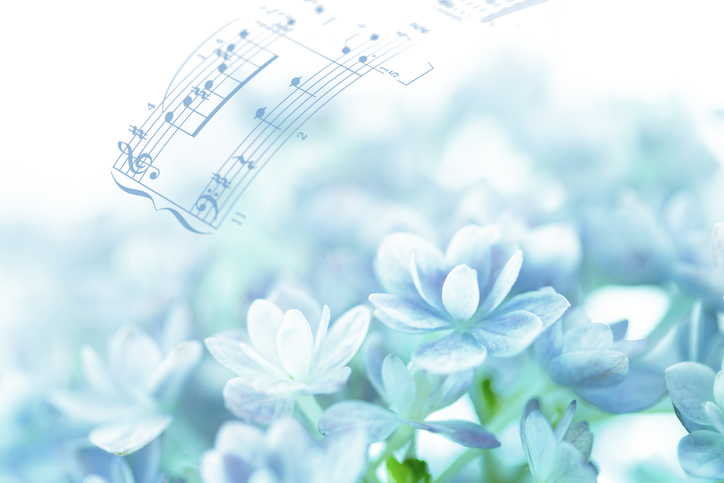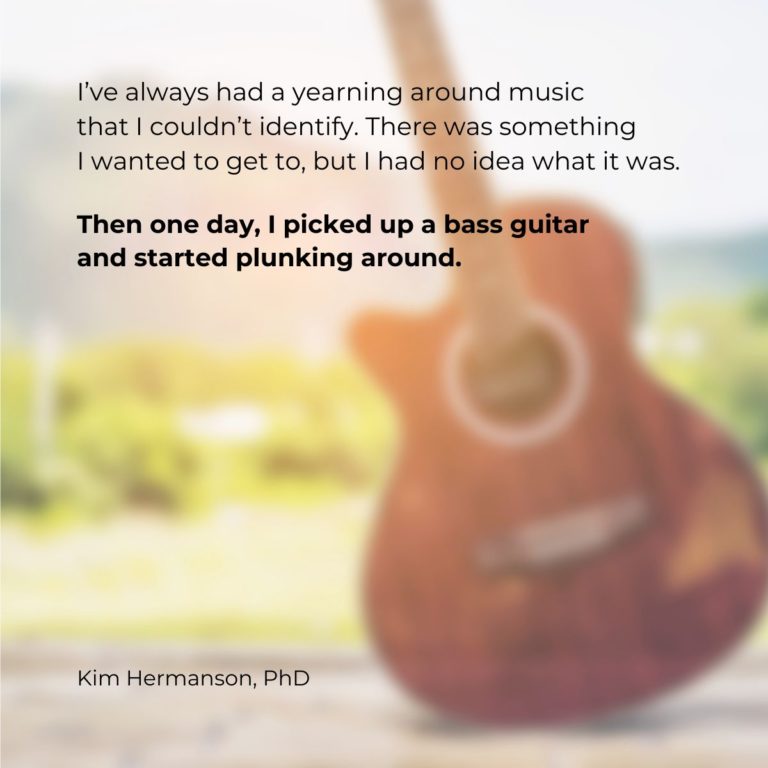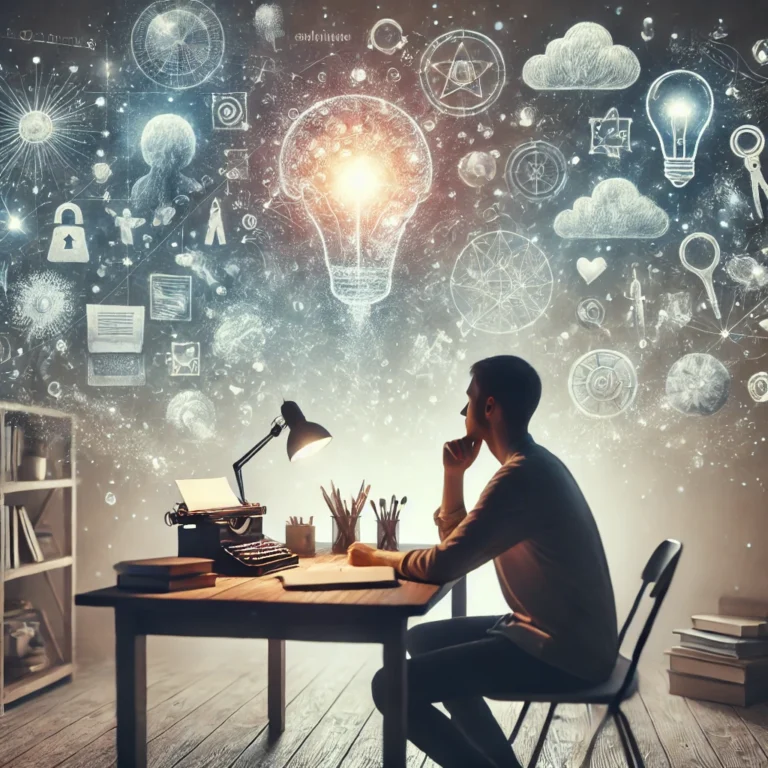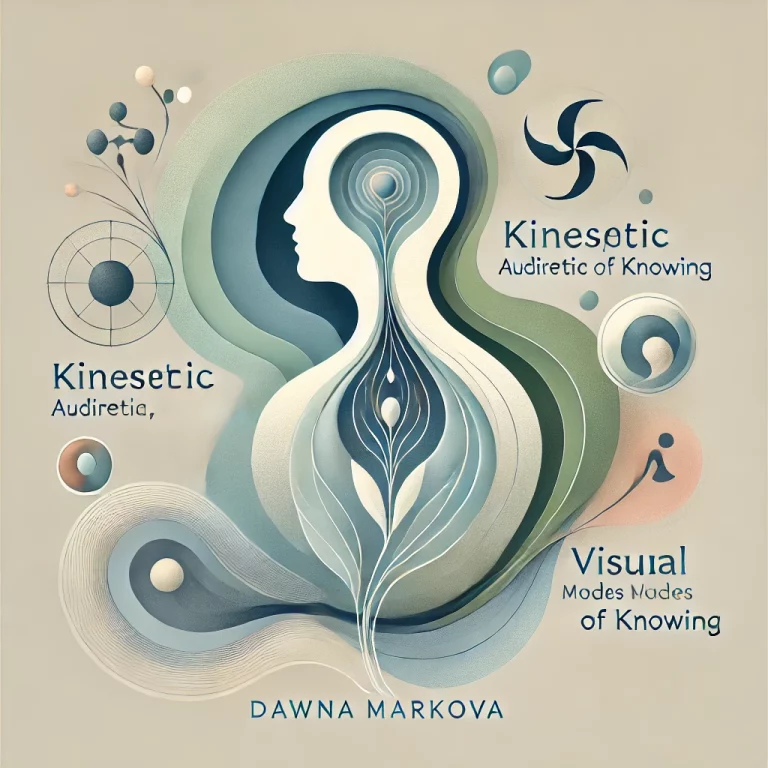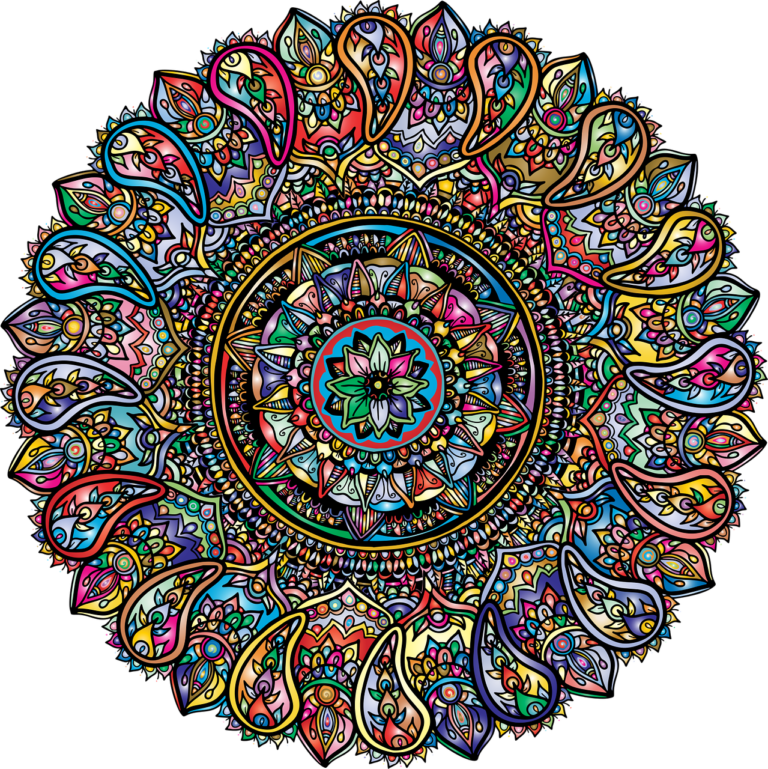Why creativity is the most important skill for the future
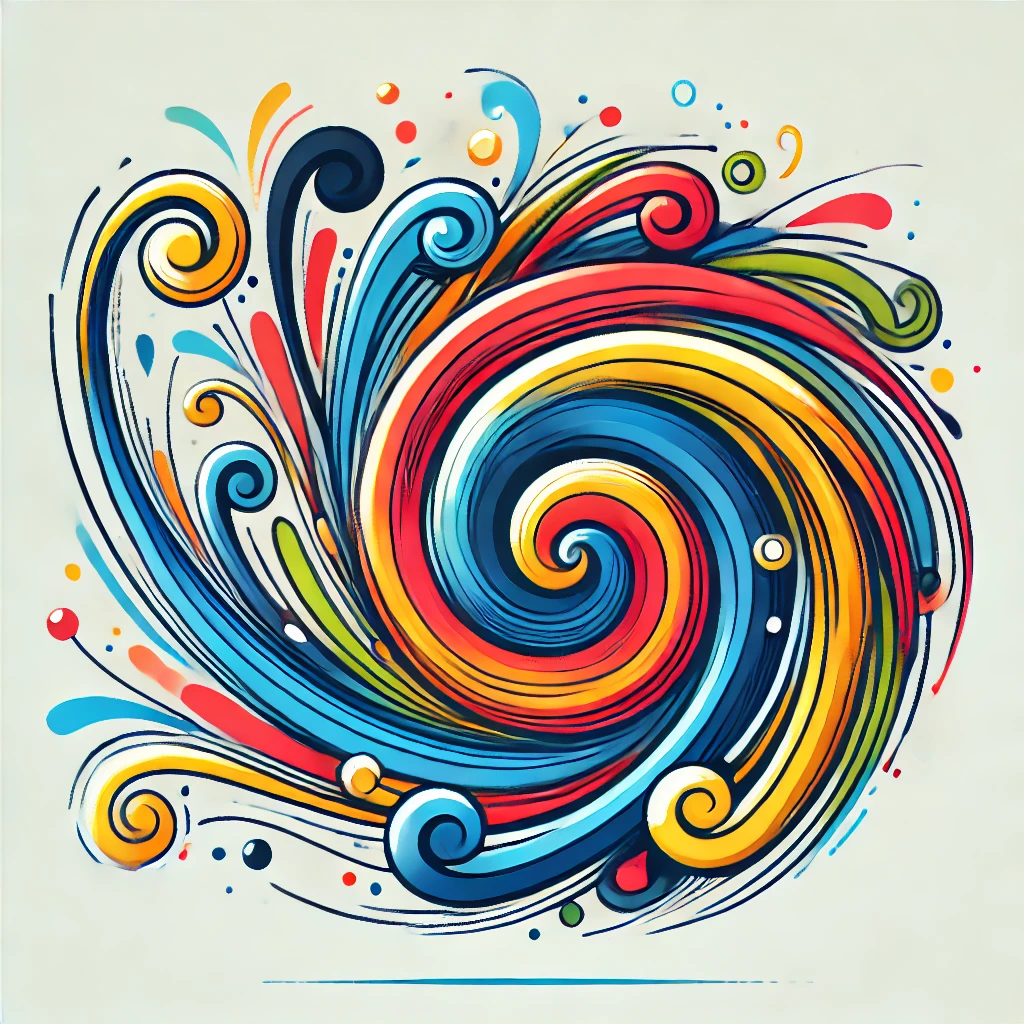
Newsweek recently published a cover story highlighting creativity as the most vital skill for the future, based on a poll of 1,500 CEOs. Authors Po Bronson and Ashley Merryman wrote, “The necessity of human ingenuity is undisputed.” Yet, the article lamented a troubling reality: creativity scores are declining, and schools aren’t teaching it. This prompted me to reflect on the sometimes uneasy relationship between creativity and modern organizational life.
Here are a few thoughts on what creativity truly entails and why it remains a complex, often misunderstood concept in our world today.
1. Creativity Thrives in Expansiveness and the Unknown
True creativity is expansive, undefined, and deeply connected to the unknown. However, organizations and schools often define creativity narrowly—as a tool to produce measurable results. Creativity becomes conflated with problem-solving, a process confined by an agenda or outcome. But when we insist on “thinking inside the box,” we lose the vast possibilities that creativity offers.
Here’s an example: A scientist once explained to me how exploring “Why is the sky blue?” exemplifies creativity in science. My response was, “Why does the sky have to be blue?” This shift in perspective opens up entirely new creative possibilities. Think of Monet, who painted snow in shades of lavender and yellow and skies in a kaleidoscope of colors. By moving beyond rigid definitions, Monet expanded what art could be—and what we could imagine.
2. Creativity Challenges Norms
Authentic creativity is inherently disruptive. It challenges norms and confronts traditional paths. While society celebrates creativity in theory, it often resists individuals who deviate from the status quo. True pioneers, like the Beatles, shocked their contemporaries because they didn’t conform.
Ironically, organizations that claim to champion creativity may inadvertently push out their most innovative thinkers—those who challenge the system instead of adhering to it.
3. Creativity is Confusing
Creativity often feels messy and uncertain. Director David Lynch once told Terry Gross on NPR, “When I’m making a movie, I don’t know what I’m doing.” That uncertainty—stepping into the unknown—is an essential part of the creative process. Creativity doesn’t offer clear roadmaps or guaranteed outcomes. It invites us to embrace confusion as a gateway to discovery.
4. Creativity is Who We Are
Creativity isn’t something external we need to gain; it’s embedded in who we are. It’s the underlying process of being human. Every day, we engage in creativity—whether we’re solving problems, expressing ourselves, or connecting with others. Life itself is a creative process.
In my Ph.D. research on how adults learn in everyday life, I discovered that learning is inherently creative. We constantly process, distill, and refine our experiences, forming unique perspectives and expressions. Whether through traditional forms like writing and painting or everyday activities like managing relationships, designing systems, or cooking a meal, we are always creating.
5. True Creativity Lies in the Imaginal
High creativity emerges when we immerse ourselves in the imaginal realm—a space beyond rational thought. My work focuses on this “third space,” where true innovation and inspiration reside. The imaginal world invites us to explore expansive, alternative possibilities that are often dismissed as “make-believe” in adulthood.
The Newsweek article highlighted a University of Michigan study on MacArthur genius award recipients. These individuals often spent their childhoods creating “paracosms”—fantastical alternative worlds with unique languages and cultures. While society may dismiss such creative play as frivolous, it’s precisely this kind of imagination that fuels groundbreaking innovation.
Both Carl Jung and Albert Einstein emphasized that we can’t solve problems at the same level they were created. True creativity requires us to move into an unknown, imaginal space. While this can be intimidating, it’s also where the greatest breakthroughs occur.
Embracing Creativity in Life and Work
Creativity is more than an abstract ideal; it’s the engine of growth, transformation, and innovation. Yet, it requires us to step beyond the familiar and embrace uncertainty. If we can nurture this expansive, imaginal process—in ourselves and our institutions—we’ll not only solve complex problems but also unlock entirely new realms of possibility.
As the poet Rainer Maria Rilke said, “The future enters into us, in order to transform itself in us, long before it happens.” Creativity allows us to participate in that transformation.
If this resonates with you, I invite you to explore step into the unknown with me and discover what’s possible.
